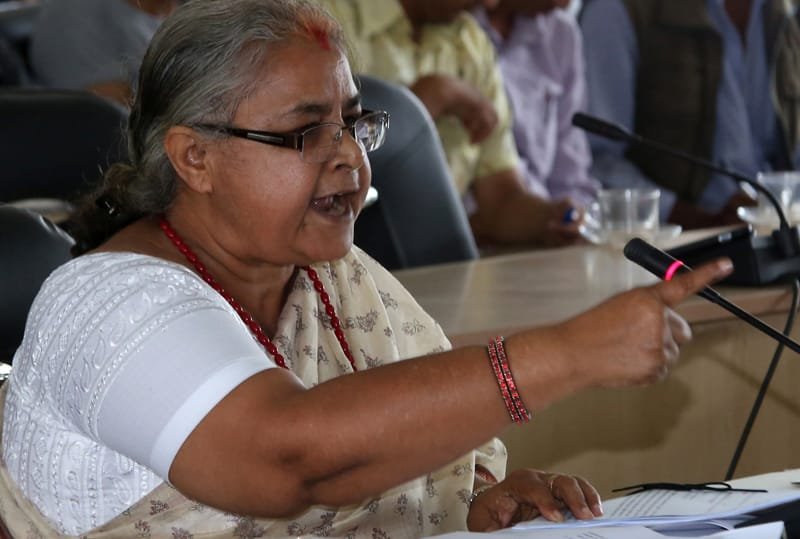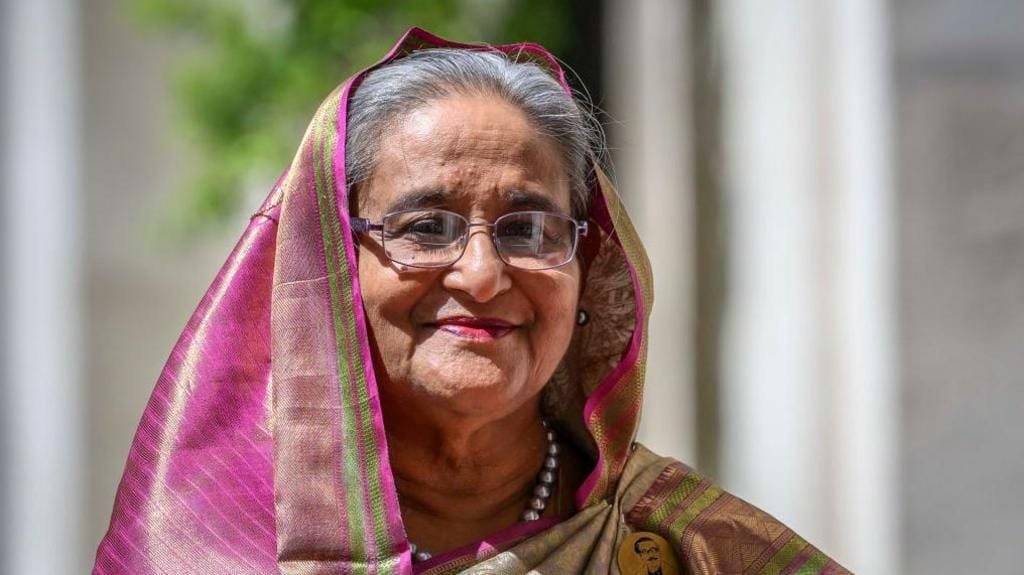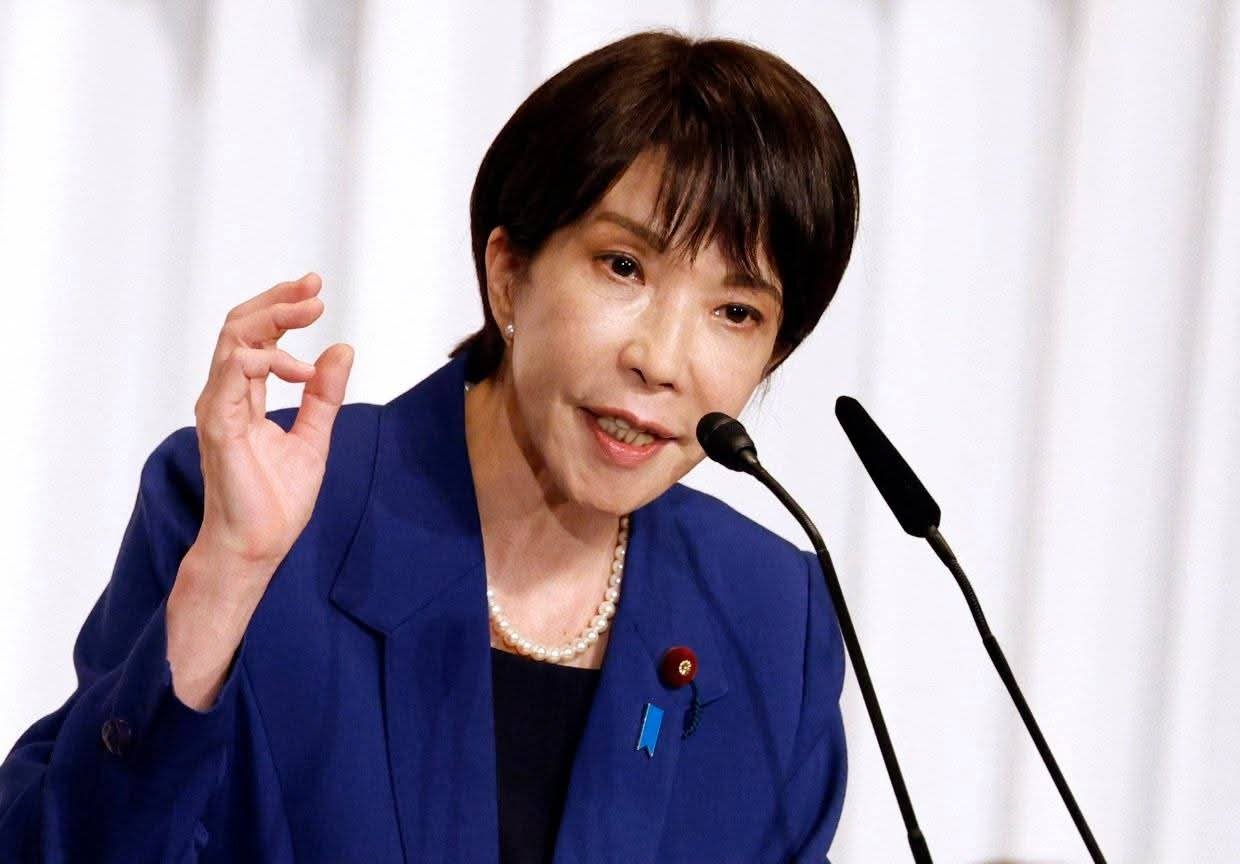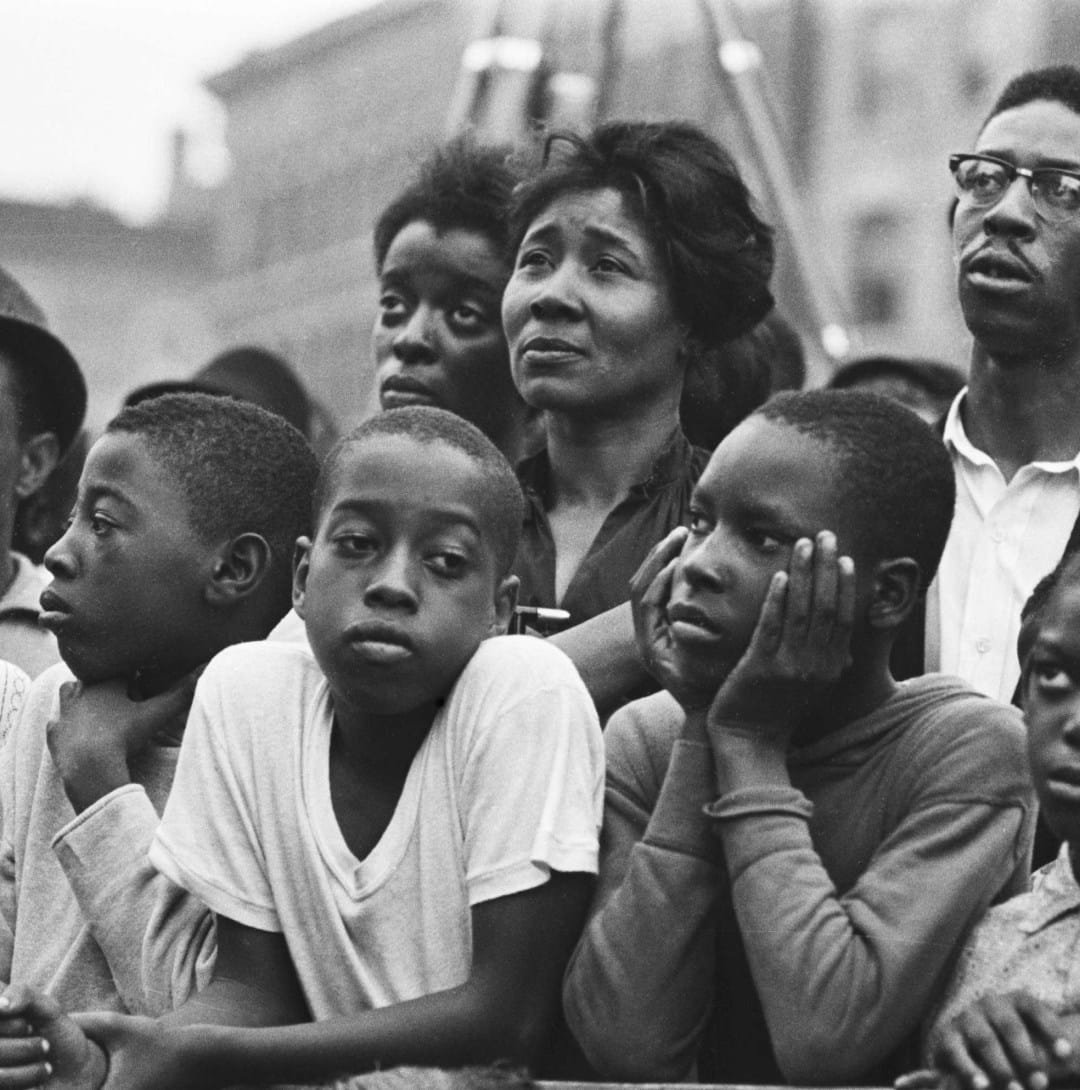Nepal stands at a historic crossroads. As Prime Minister K. P. Sharma Oli steps down amid sweeping Gen-Z-led protests, the name of Sushila Karki, the country’s first woman Chief Justice, has emerged as the leading contender for the role of Interim Prime Minister. But will she really take the oath, or will constitutional hurdles and political maneuvering stop her rise?
Who is Sushila Karki?
Born in 1952 in Biratnagar, Sushila Karki carved her path through academia and the law. She earned degrees in Political Science from Banaras Hindu University and in Law from Tribhuvan University before beginning her legal career in 1979.
Her judicial journey took her to the Supreme Court of Nepal, where she first served as an ad-hoc justice in 2009, later becoming permanent in 2010. In 2016, she made history as Nepal’s first woman Chief Justice, serving until 2017.
Her Track Record
Karki is remembered for her fearless rulings:
Convicting a sitting minister on corruption charges — a first in Nepal’s history.
Expanding citizenship rights for Nepali women.
Delivering verdicts on sensitive projects like the Nijgadh Fast Track.
Standing firm against executive overreach.
Her reputation for integrity and independence has made her a trusted figure, especially among younger generations tired of political corruption.
Why Her Name Now?
The ongoing Gen-Z movement has demanded change: an end to corruption, accountability, and a fair roadmap to elections. Amid violent clashes and dozens of protest deaths, protesters have rallied behind Sushila Karki, seeing her as a neutral, clean figure who can guide the country through a volatile transition.
Even leaders like Kathmandu’s Mayor Balendra Shah have endorsed her candidacy, while the President and Army Chief are said to be weighing her appointment.
The Obstacles Ahead
Still, her path is not simple:
Constitutional Questions: Nepal’s constitution may restrict former Chief Justices from holding executive office. Experts are divided on whether she is legally eligible.
Political Consensus: While protesters back her, some political parties remain wary, preferring other names such as Kulman Ghising.
Mandate and Term: The interim government’s role—primarily to hold elections in six months—must be clearly defined to avoid further disputes.
A Turning Point for Nepal?
If appointed, Karki would not only become Nepal’s first woman Prime Minister, but also symbolize a shift away from entrenched political elites. Her leadership could reassure protesters, stabilize governance, and pave the way for free elections.
Yet the question remains: will she overcome the legal roadblocks and political bargaining to formally take charge?
Sushila Karki as Interim Prime Minister?
For now, the country waits as negotiations continue. Whether her name turns from a possibility into history will shape Nepal’s political future.












